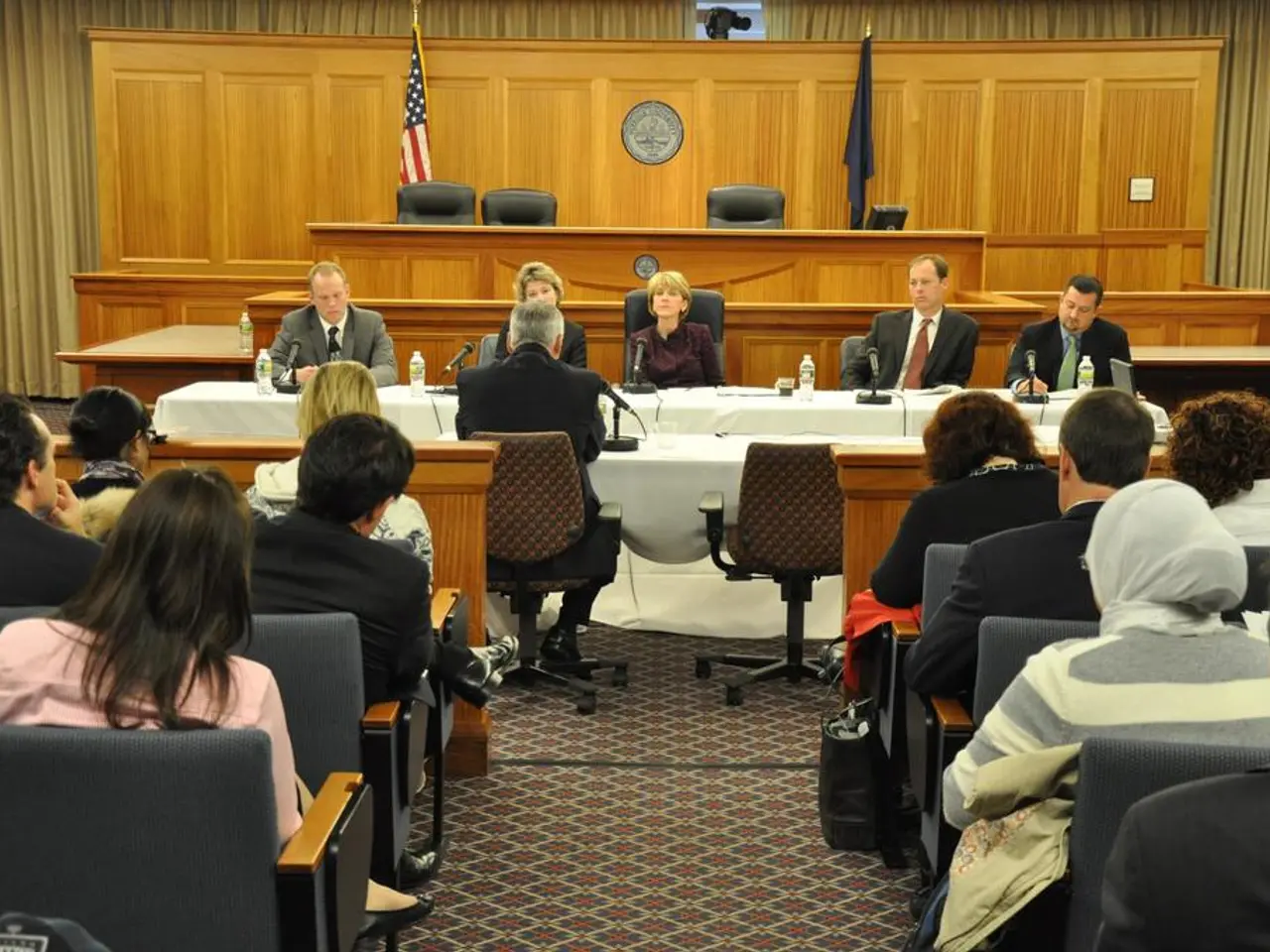Competition for the Eurogroup Leadership: Ireland, Lithuania, and Spain Vie for the Position
In a highly anticipated vote on Monday, July 7, the Eurogroup—a gathering of the 20 eurozone finance ministers—will elect a new president to lead the group and guide the economic policy decisions of the Council. Three candidates are vying for the position: Carlos Cuerpo of Spain, Paschal Donohoe of Ireland, and Rimantas Šadžius of Lithuania.
Currently serving as the outgoing president, Paschal Donohoe is seeking re-election, emphasizing the need for predictability in times of crisis. Donohoe, who has held the position since 2020, has been instrumental in steering the eurozone through the challenges posed by the COVID-19 pandemic.
Carlos Cuerpo, the Spanish contender, is an economist with a PhD and a wealth of experience at the European Commission and Spain's fiscal watchdog, AIReF. Cuerpo, who took on the role of Spain's finance minister at the end of 2023, has laid out an ambitious agenda aimed at strengthening the eurozone's long-term growth, completing the capital markets union, boosting the international role of the euro, and finalizing the banking union.
Rimantas Šadžius, Lithuania's finance minister since his country joined the eurozone in 2015, has also thrown his hat into the ring. In his bid for the Eurogroup presidency, Šadžius has pledged to continue investing in security cooperation, complete both the banking union and the capital markets union, and promote deeper integration of member states into the euro area.
In his letter to fellow ministers, Šadžius has also committed to ensuring fiscal sustainability and accelerating the rollout of the digital euro. Diplomatic sources suggest he could attract support from EU member states closest to Russia's border, although it is unlikely he will gain enough votes to win the race outright.
The real contest for the Eurogroup presidency is between Carlos Cuerpo and Paschal Donohoe. Cuerpo's more transformative proposals, however, may face resistance from fiscally conservative countries like Germany and the Netherlands.
It's worth noting that Šadžius has served as a member of the European Court of Auditors and chaired ECOFIN during Lithuania's presidency of the Council of the EU in 2013. Meanwhile, Ireland, Lithuania, and Spain are all vying for the position of Eurogroup president on Monday, July 7.
The Eurogroup plays a key role in coordinating and influencing the Council's economic policy decisions, making the election of a new president a significant event for the eurozone. The vote will be held in secret, and a candidate must secure at least eleven out of twenty votes to win.
The business and finance sector, as well as political circles, are closely watching the upcoming election of the new Eurogroup president, as it could significantly influence the economic policy decisions of the Council. Paschal Donohoe, the incumbent president, is seeking re-election, emphasizing the need for predictability during times of crisis, having demonstrated this through his leadership during the COVID-19 pandemic. However, his re-election might face competition from Carlos Cuerpo, a Spanish contender with a transformative vision for the eurozone's growth and international role, which could potentially encounter resistance from fiscally conservative countries like Germany and the Netherlands.




